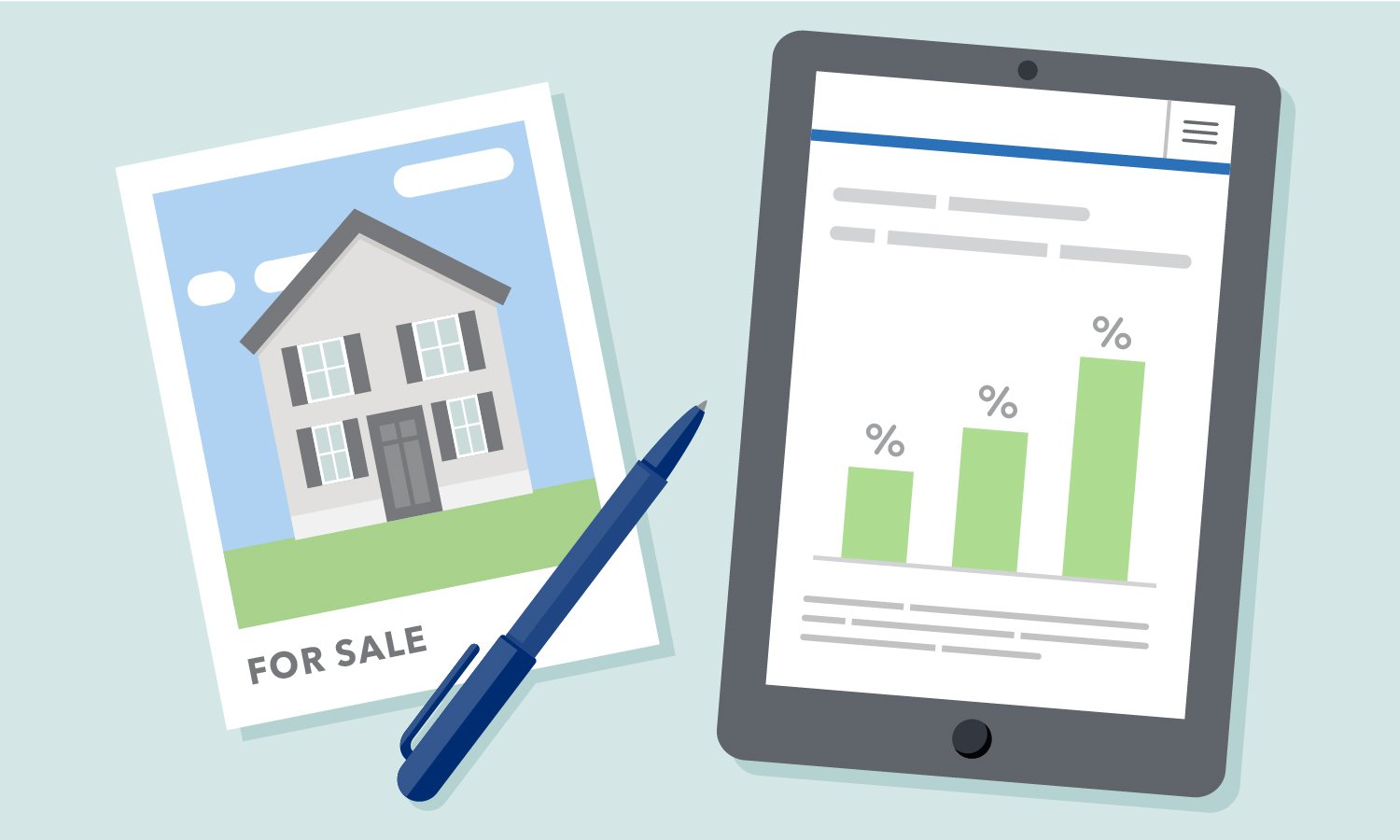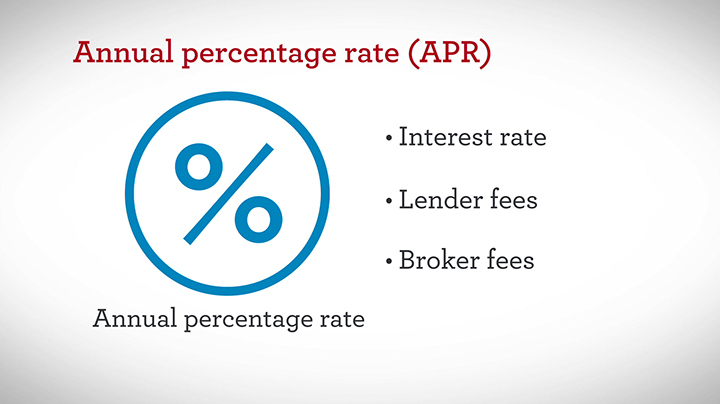Considering the limitations enforced upon HECM loans, they are comparable to their "Forward" contemporaries in general costs. The following are the most common closing costs paid at near to get a reverse mortgage: Therapy charge: The initial step to get a reverse home mortgage is to go through a therapy session with a HUD-approved therapist.
Origination cost: This is charged by the lender to set up the reverse mortgage. Origination costs can vary commonly from loan provider to loan provider and can vary from absolutely nothing to an optimum of $6,000. Third-party charges: These fees are for third-party services hired to finish the reverse home loan, such as appraisal, title insurance coverage, escrow, federal government recording, tax stamps (where applicable), credit reports, and so on. how do points work in mortgages.
The IMIP protects loan providers by making them entire if the house sells at the time of loan payment for less than what is owed on the reverse home loan. This protects customers too because it implies they will never owe more than their home is worth. As of 1/2019, the IMIP is now 2% of the max claim quantity (Either the appraised worth of the house up to an optimum of $726,535) The annual MIP (mortgage insurance premium) is.
How Do Adjustable Rate Mortgages Work Can Be Fun For Everyone
The vast bulk of closing expenses typically can be rolled into the new loan quantity (except in the case of HECM for purchase, where they're consisted of in the deposit), so they do not need to be paid out of pocket by the debtor. The only exceptions to this guideline might be the counseling charge, appraisal, and any repairs that might need to be done to the house to make it totally certified with the FHA guidelines prior to finishing the reverse home mortgage.
These files can be utilized to compare loan deals from different loan providers. There are 2 ongoing costs that may apply to a reverse mortgage: yearly home mortgage insurance and servicing costs. The IMIP,(on time Preliminary Home loan Insurance coverage Premium) of 2% of the appraised worth is charged at closing. The IMIP is the biggest expense associated with an FHA HECM or Reverse Mortgage. The credit line only accrues interest on the quantity you access when you access it. If you need a combination of some money upfront, additional income and a credit line to access, a reverse mortgage has the flexibility to supply all of these. Make sure you comprehend how each component works before you sign your https://marcopfjh990.postach.io/post/6-simple-techniques-for-what-can-itin-numbers-work-for-home-mortgages closing papers.

The equity in your house is decreased every month you have a reverse mortgage balance outstanding.: If you plan to leave your home to your household, there will be less equity for them as the reverse home loan balance grows (how do interest only mortgages work uk).: If you receive Medicaid or Supplemental Security Income (SSI), ensure you go over the impact reverse mortgage income might have on the future invoice of this income.
How Reverse Mortgages Work Spanish - The Facts
The HECM origination fee maximum is $6,000. The upfront fees are negotiable, so look around to ensure the costs you are being charged are reasonable. After you close a reverse home mortgage, you need to be conscious of how the lending institution will stay in touch with you. There are some essential things you'll need to interact to your loan provider if your health or real estate needs change.
Each year your servicer will send you an Annual Occupancy Certification to verify you live there. If you forget to send it, you may get a check out from an inspector to verify you are still living there. If they aren't able to validate that, your lender could consider you in default of your reverse home loan.
They may require that you use some of your reverse mortgage funds to pay any overdue property expenses. Your lending institution should be notified immediately if anyone who used for the reverse home mortgage dies. In most cases, an enduring spouse will be permitted to remain in the property, but there may be additional requirements if the enduring spouse was not on the original reverse mortgage.
Fascination About How Do Home Mortgages Work With Down Payment
Here are a few of the most common reverse home loan rip-offs and how to avoid them. You ought to never obtain cash to put into "financial investment programs." Although sometimes this might be more dishonest than illegal, unethical monetary planners may try to convince you to take the cash out to buy the market.
This typically includes a knock on the door by somebody representing themselves as a friendly area handyman, with suggestions for work that they can do on the home. Ultimately, other experts might start to suggest costly repairs that might or might not need to be done, and then recommend moneying them with a reverse home mortgage.
Just seek out trusted repair services from a certified contractor. If a member of the family all of a sudden and constantly begins asking about your monetary condition, and recommends a power of lawyer integrated with a reverse mortgage, this might be an indication of inheritance fraud. There are organizations that can help if you think you are or a family member is a victim of any type of older abuse.

An Unbiased View of How Do Down Payments Work On Mortgages
A reverse home mortgage is a loan readily available to homeowners, 62 years or older, that enables them to transform part of the equity in their houses into cash. The item was developed as a method to assist retirees with limited income use the accumulated wealth in their houses to cover standard monthly living expenditures and pay for healthcare.
The loan is called a reverse home loan because instead of making regular monthly payments to a lending institution, similar to a traditional home mortgage, the loan provider makes payments to the borrower. The customer is not required to repay the loan up until the house is sold or otherwise vacated. As long as the borrower resides in the house he or she is not required to make any month-to-month payments towards the loan balance.
Opportunities are, you've seen commercials boasting the benefits of a reverse home mortgage: "Let your home pay you a monthly dream retirement income!" Sounds fantastic, best? These claims make a reverse mortgage sound nearly too great to be true for senior homeowners. But are they? Let's take a better look. A reverse home mortgage is a type of loan that utilizes your home equity to supply the funds for the loan itself.
Some Of Buy To Let Mortgages How Do They Work
It's basically a chance for senior citizens to tap into the equity they've constructed up over several years of paying their home loan and turn it into a loan on their own. A reverse home loan works like a regular home mortgage in that you have to apply and get authorized for it by a lender.
However with a reverse mortgage, you don't pay on your house's principal like you would with a regular mortgageyou take payments from the equity you've built. You see, the bank is providing you back the cash you've already paid on your home but charging you interest at the exact same time.